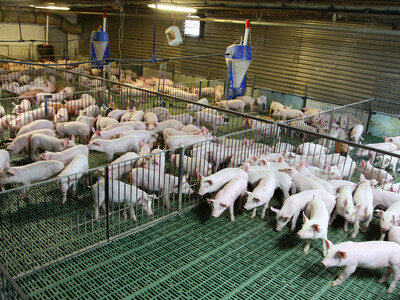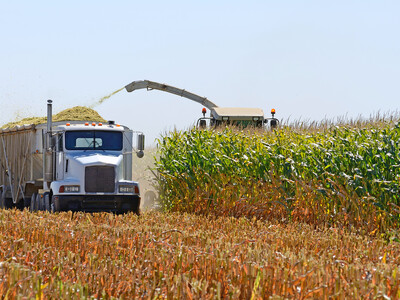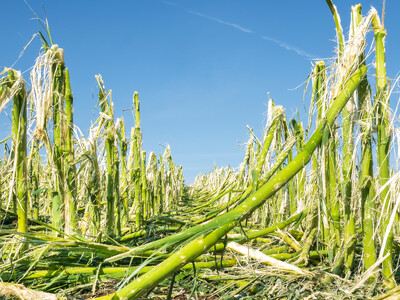No Place for Weeds
Weeds. I often wonder what really distinguishes a week from a flower. Beauty, they say is in the eye of the beholder but one thing is for sure - watershed restoration projects designed to help salmon and other endangered species could ultimately become endangered themselves if unwanted weeds get in the way. In the ongoing effort to improve fish and wildlife habitat in
Tim Butler of the Oregon Department of Agriculture's Noxious Weed Program says contaminated seed has inadvertently introduced weeds to sensitive areas in the state. He advises land managers and owners to make sure what goes in the ground is clean and weed-free.
The Oregon Department of Agriculture regulates the state's seed industry and does some sampling and testing as well. Additional testing may cost someone a little more, but having to remove weeds down the road will cost a lot more.
BUTLER: If we're looking at trying to restore a watershed or fish and wildlife habitat as far as getting desirable species in there, if we are introducing invasive exotic weeds, that is certainly defeating the purpose of what we are trying to accomplish.
That’s today’s Line On Agriculture. I’m Greg Martin on the Northwest Ag Information Network.

















